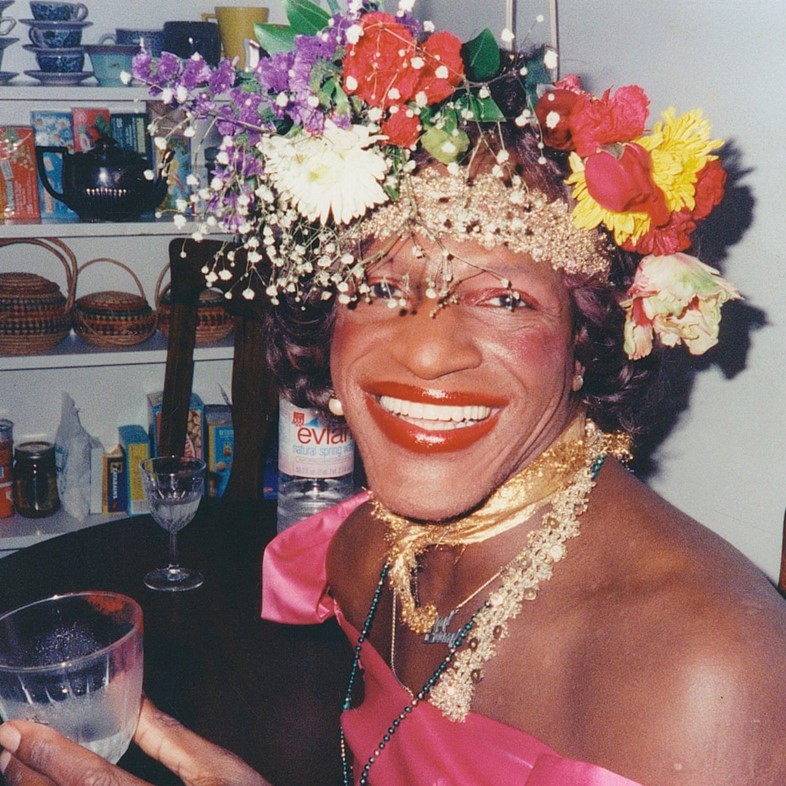In lieu of parades and parties, a list of ways to celebrate Pride month – including things to support, look at, watch, read and listen to
Support
Recent weeks have brought the necessity to support marginalised LGBTQ+ groups into sharp relief – particularly, in light of the Black Lives Matter protests across the world, the black queer and trans community. There are numerous charities to donate to this Pride month (and, of course, beyond) which help improve LGBTQ+ lives. In the UK, some vital forces for change include UK Black Pride, which promotes and advocates for the spiritual, emotional, and intellectual health and wellbeing LGBTQ+ people of colour; the newly founded Exist Loudly Fund, which provides online workshops and mentoring for queer black teens; the Black LGBTQIA+ Therapy Fund, Switchboard LGBT+ helpline, Mosaic Youth and Mermaids, which provides services for gender-diverse children and their families. We encourage you to sign this petitition too, which calls for progressive reform of the Gender Recognition Act, in light of the Conservative Party’s move to roll back transgender rights. An Instagram post from activist Munroe Bergdorf explains more.
Several brands are donating during Pride month, including JW Anderson, who has collaborated with P•P•O•W gallery and the Estate Of David Wojnarowicz on a series of pieces featuring the late artist’s work, with funds going to Visual Aids. Elsewhere, Instagram have teamed up with The Trevor Project to create a guide to self care and mental health for LGBTQ+ youth, illustrated by Ohni Lisle. You can view it here.
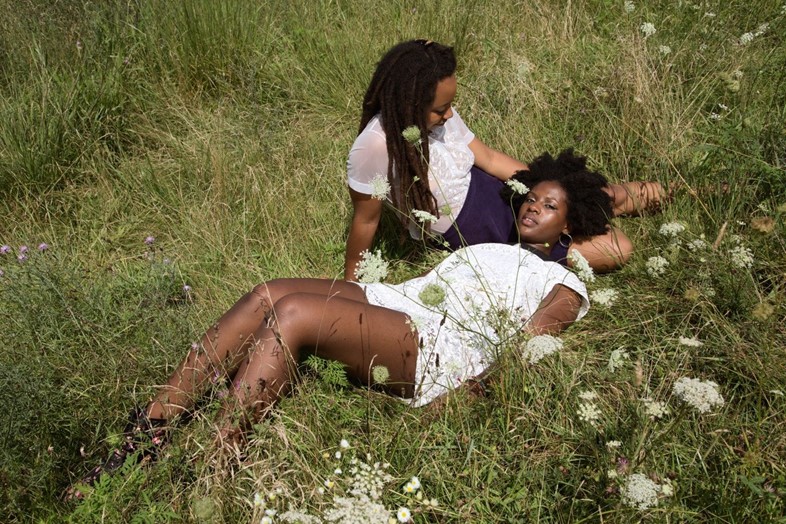
Look
The closure of galleries and institutions the world over, due to the outbreak of Covid-19, has meant that a wealth of content has been put online – from immersive exhibitions to museum catalogues. During Pride month, take time to discover works by queer artists of colour at MIEN, a digital photography exhibition at New York’s TRNK, featuring the works of Texas Isaiah, Dorian Ulises López Macías and Guanyu Xu, among others – plus, purchase poster-sized prints to support Ali Forney Centre’s work with homeless LGBTQ+ teens. Reframing the Future is also using this moment to raise funds – for the Marsha P. Johnson Institute and National Bail Out Fund – selling prints from photographers and artists including Kyle Weeks and Justin French (the sale runs through June).
In London, Cell Space Gallery launched Queer Correspondence last month, a mail-art initative which places queer artists and writers in conversation with one and other, exploring the “possibilities that are put forward by subcultural lives” during this moment of uncertainty – find out how to sign up, and read our interview with some of the correspondents, here. On Instagram, Rimowa has asked a number queer artists to share their stories of love and travel, including Stephen Milner, Jack Taylor Lovatt and Jeffrey Cheung, while several exhibitions which are currently closed physically have been recreated online: at Matthew Marks Gallery, discover the work of American sculptor Rober Gober, a vital force in the ACT UP movement in New York, or educate yourself on queer history in the United States via the online version of Illegal to Be You: Gay History Beyond Stonewall, first shown at the National Museum of American History in June 2019.
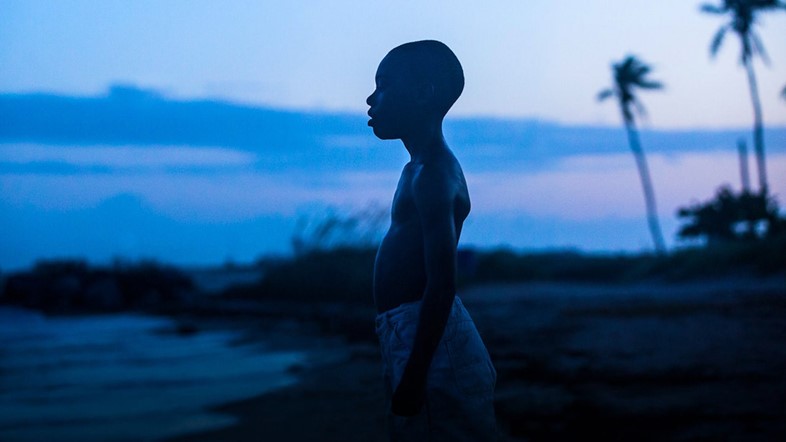
Watch
The cancellation of Pride marches and physical celebrations leave plenty of time to educate yourself on the history of the queer rights movement through film: the powerful The Death and Life of Marsha P. Johnson, available on Netflix, is a good place to start. Directed by David France – his 2012 documentary How to Survive a Plague about the Aids epidemic and birth of activist group ACT UP is an equally vital watch – it tracks the life of Johnson, a black trans activist instrumental in the Stonewall uprising, through the eyes of friend Sylvia Rivera. A free-to-watch archive of films on BFI Player provides an insight into the UK’s LGBTQ+ history through changing narratives through the decades, from a 1983 documentary on The Gay Black Group to a 1995 documentary on the queer activist and artist Ajamu. For non-documentary film, on streaming platform MUBI you will find a series of films originally curated for last year’s 50th anniversary on Stonewall, now available permanently as part of their new Library feature, where you will also find films including Moonlight, Portrait of a Lady on Fire and To Die Like a Man.
Outside of film, a number of live events will take place online – queer magazine them will present Out Now Live on June 22, featuring voices including Elton John, Whoopi Goldberg, King Princess and former AnOther cover star Indya Moore (season two of Pose, in which Moore stars, is now available to view on Netflix), while Amnesty International unites with UK Black Pride, ParaPride and Stonewall for Pride Inside, a series of online performances, panels and screenings beginning on June 28.
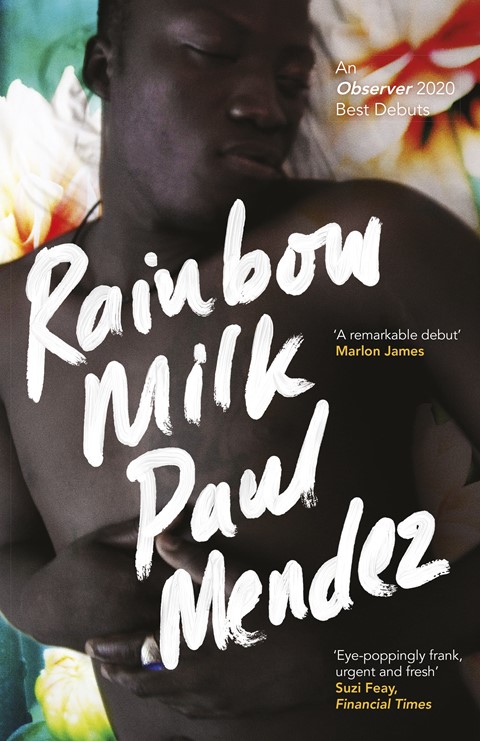
Read
Use this opportunity to aquaint yourself with some of queer literature’s most vital new voices. Rainbow Milk, the debut novel from Paul Mendez, is an intergenerational meditation on sexuality and race in the UK, telling the story of 19-year-old Jesse McCarthy as he moves to London after an upbringing as a Jehovah’s Witness, and Norman Alonso, who came to the UK in the 1950s as part of the Windrush Generation. It has marked Mendez as one of Britain’s most exciting literary talents. Another new British voice is Shola von Reinhold, whose novel LOTE tells the tale of queer protagonist Mathilde’s fixation with a forgotten black modernist poet, Hermia Drumm.
Internationally, there are a number of diverse queer writers to explore: from Ocean Vuong, a Vietnamese American poet whose first novel On Earth We Are Briefly Gorgeous garnered universal acclaim, Garth Greenwell, who returned with second novel Cleanness earlier this year, Carmen Maria Machado, whose experimental memoir In the Dream House explores an abusive relationship with another woman while studying her MFA, and non-binary Dutch author Marieke Lucas Rijneveld, whose visceral debut The Discomfort of Evening is one of the year’s most talked-about novels.
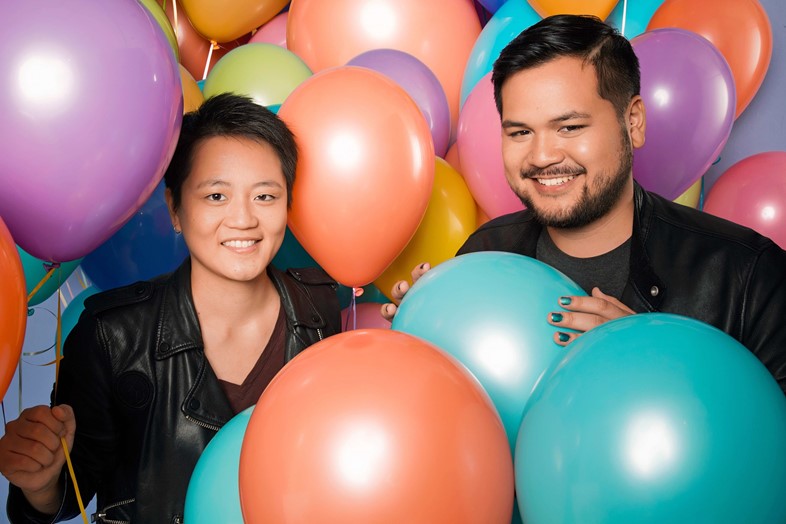
Listen
WNYC’s podcast Nancy, presented by Tobin Low and Kathy Tu, tells stories which capture the complexities and nuances of the modern queer experience, featuring conversations with figures including Samira Wiley, Bowen Yang, Desiree Akhavan and Lena Waithe. And, though this month marks its final episode, there are over 100 episodes to catch up on: “I hope that queer listeners hear something that they can relate to very authentically,” Low told AnOther in a recent interview, “that they recognise a moment or a thought that feels true and that in turn makes them feel less alone”.
Other powerful podcasts to catch up on this Pride month include Queer WOC, which spotlights different queer women of colour each episode, backdropped against discussion of activism and healing, The Log Books, an exploration of British queer history and the LGBT Switchboard which began in the 1970s, and Homo Sapiens, presented by Alan Cumming and Christopher Sweeney, which features interviews with Cynthia Nixon, Hannah Gadsby and Jeremy O. Harris, among others.
